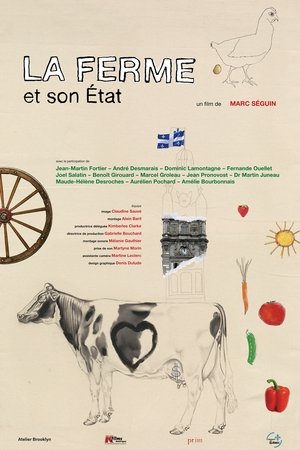

Oslobodená dedina(1949)
Movie: Oslobodená dedina

Oslobodená dedina
HomePage
Overview
Release Date
1949-01-01
Average
0
Rating:
0.0 startsTagline
Genres
Languages:
SlovenčinaKeywords
Similar Movies
Permaculture Soils(en)
We’ve all seen environmental problems highlighted everyday on the media. Now comes the solution. From the man who said, “You can solve all the world’s problems in a garden” comes Geoff Lawton’s Permaculture Soils DVD. 137 minutes of Permaculture soil creation strategies that really work! Even if you have never built a garden or got your hands dirty before, you will learn the secrets of real soil creation – partnering with the life in the Soil! Geoff will take you through every step of the process and explain in detail how to do it yourself. From Compost creation to larger Kitchen Gardens and then to broad acre farming – this is the future of biological agriculture.
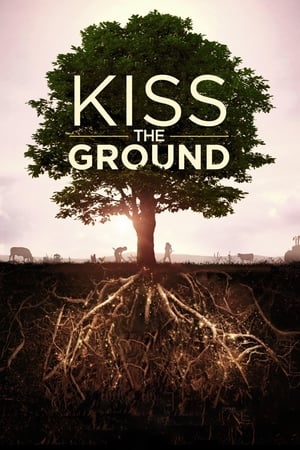 7.7
7.7Kiss the Ground(en)
Sheds light on an alternative approach to farming called “regenerative agriculture” that could balance our climate, replenish our vast water supplies, and feed the world.
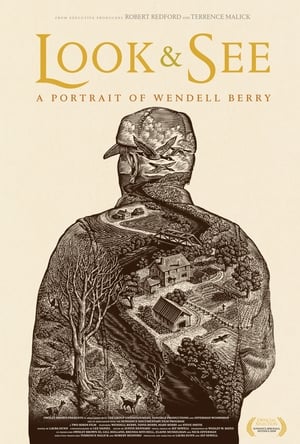 6.7
6.7Look & See: A Portrait of Wendell Berry(en)
A cinematic portrait of farmer and writer Wendell Berry. Through his eyes, we see both the changing landscapes of rural America in the era of industrial agriculture and the redemptive beauty in taking the unworn path.
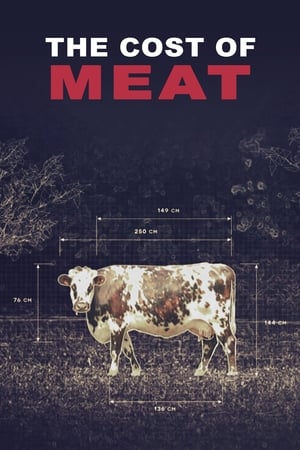 7.8
7.8Production Line Animals(fr)
How did it come about that we no longer see living beings in farm animals, but objects? Every year, 70 billion farm animals are slaughtered for consumption around the world. 80 percent are kept on large farms. They live crammed together in overcrowded stables, are fattened and finally slaughtered without ever having been in nature. In less than two generations, intensive husbandry has become established worldwide. Researches in Poland, the USA, Germany and Vietnam gets to the bottom of the system and those responsible. The meat industry is subsidized by the state. Corporations, governments and consumers tacitly support a deregulated and dehumanized economic system that makes unlimited consumption of animal products the norm - and with it, animal cruelty. The documentary film describes the triumph of industrial agriculture, in which the animal has to endure unimaginable suffering, becomes a commodity, a raw material that is always available and can be slaughtered and processed at will.
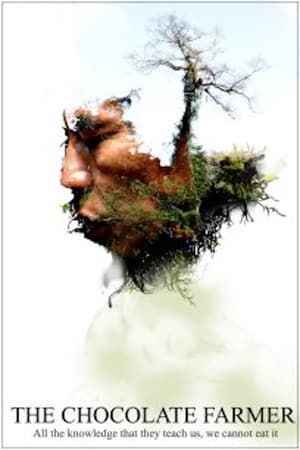 7.0
7.0The Chocolate Farmer(en)
For ancient Mayans, cocoa was as good as gold. For subsistence farmer Eladio Pop, his cocoa crops are the only riches he has to support his wife and 15 children. As he wields his machete with ease, slicing a path to his cocoa trees, the small jungle plot he cultivates in southern Belize remains pristine and wild. His dreams for his children to inherit the land and the traditions of their Mayan ancestors present a familiar challenge. The kids feel their father's philosophies don't fit into a global economy, so they're charting their own course. Rohan Fernando's direction tenderly displays a generational shift, causalities of progress in modern times and a man valiantly protecting an endangered culture. Breathtaking vistas of lush rainforests contrast with the urban dystopia that pulled Pops children away from him. Will one child return to carry on a waning way of life
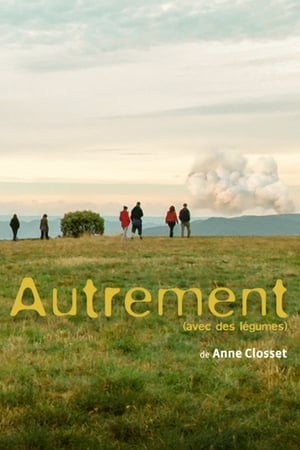 6.3
6.3Another Way: With Vegetables(fr)
This documentary film asks whether a citizens' experiment, the CSA (Community-supported Agriculture), developing new partnership models between consumers and farmers, has the power to change society.
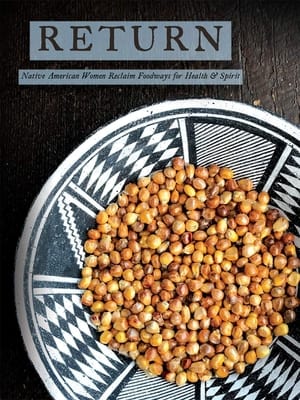 0.0
0.0Return: Native American Women Reclaim Foodways for Health & Spirit(en)
Concerned about the declining health of people all around them, Native American women are sparking physical and spiritual rejuvenation through reclaiming traditional foodways.
Seeds of Death: Unveiling the Lies of GMOs(en)
This documentary exposes the massive public health dangers of genetically modified organisms (GMOs). The film features the world's leading scientists, physicians, professors, politicians, attorneys, and environmental activists who reveal the frightening truth surrounding the vast use of GMOs in our food supply. You'll see the deception and deep layers of corruption being perpetuated against the public at large by the world's largest and most powerful biotechnology companies, chemical companies, agricultural companies, and governments.
 0.0
0.0Holmie Day(en)
A short film documenting the dying tradition of Holmie Day, where islanders on Papa Westray, in Orkney, sail across to the nearby uninhabited island to shear the sheep.
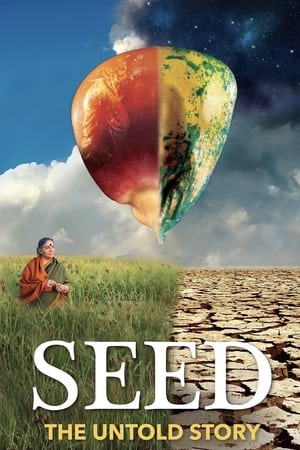 6.3
6.3Seed: The Untold Story(en)
A film about the importance of heirloom seeds to the agriculture of the world, focusing on seed keepers and activists from around the world.
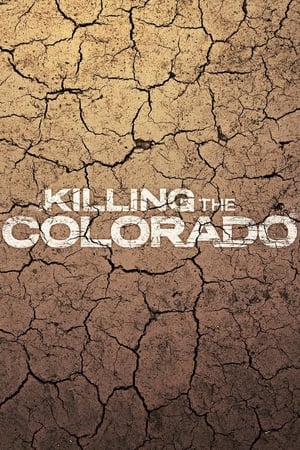 6.0
6.0Killing the Colorado(en)
The drought in the American West is predicted to be the worst in 1,000 years. Join five Academy Award-winning filmmakers as they explore the environmental crisis of our time and how to fix it before it's too late.
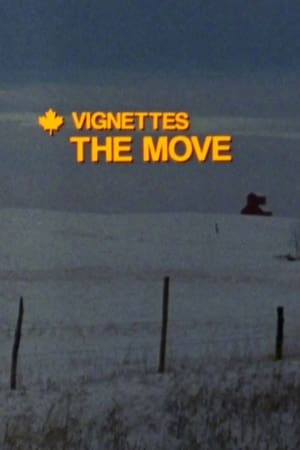 0.0
0.0Canada Vignettes: The Move(en)
In this short documentary from the Canada Vignettes series, a Saskatchewan grain elevator is moved across the snow-covered prairie to a new home after nearly a half-century of use. The film follows the lifting and transporting of the 9-storey, 200-ton structure, and examines the feelings of the people as they witness the final passing of their town's one and only grain elevator.
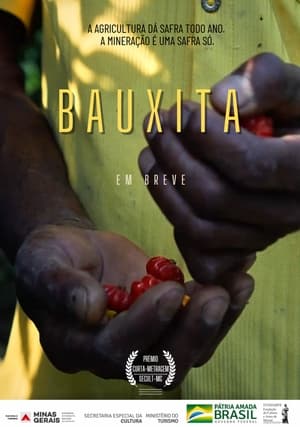 10.0
10.0Bauxita(en)
Brazil is one of the most dangerous countries for environmentalists. The rural community of Belisário holds the country's second largest bauxite reserve, right below one of the most bio-diverse areas in the world: the Atlantic Forest. The small community was shaken when the beloved Gilberto, a Franciscan Friar, received a death threat followed by the lines: "you've been talking against mining way too much". PT: O Brasil é um dos países mais perigosos do mundo para defensores do meio ambiente. Em Minas Gerais, a comunidade rural de Belisário abriga a segunda maior reserva de bauxita do país, em uma das áreas de maior biodiversidade do mundo: a Mata Atlântica. A tranquilidade do pequeno vilarejo foi abalada quando Frei Gilberto, um franciscano que dedica sua vida à preservação da natureza, recebeu uma ameaça de morte com o seguinte aviso: "você tem falado demais contra a mineração".
 4.0
4.0The Story of Doctor Carver(en)
The story of Dr. George Washington Carver (1864-1943), black educator and horticulturist. He is perhaps most well known for developing over 140 products from all parts of the peanut plant, including the shells and husks. He also developed products based on sweet potatoes and soybeans, and developed a cotton hybrid that was named after him.
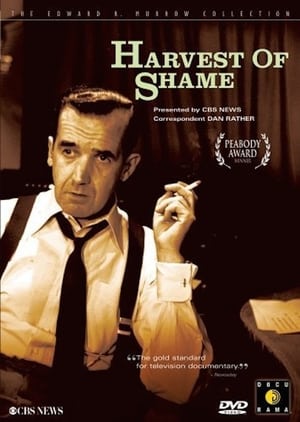 6.6
6.6Harvest of Shame(en)
In this CBS News production broadcast on Thanksgiving 1960, Edward R. Murrow points out the plight of migrant farm workers in America. Topics range from the harsh living conditions, endless travel, low wages, and poor opportunities for their children.
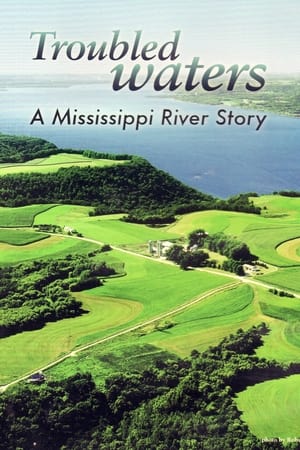 0.0
0.0Troubled Waters: A Mississippi River Story(en)
Farming practices in America's heartland, including excess fertilizers and poor soil conservation, have wrought unintended yet severe consequences on the Mississippi River. Fortunately, farmers, scientists, and citizens are pursuing more sustainable land-use practices that meet ambitious food production goals while ensuring the long-term health of precious natural resources.
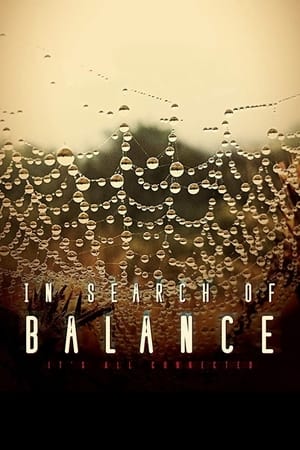 7.5
7.5In Search of Balance(en)
An exploration of a new paradigm of health, science, and medicine, based on the interconnections between us and nature.
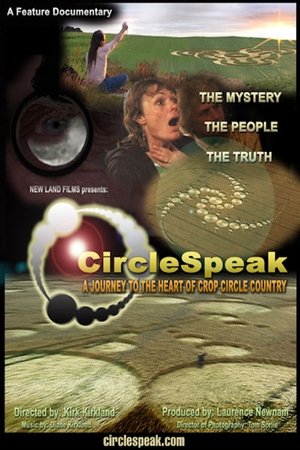 0.0
0.0CircleSpeak(en)
Shot in Southern England over the course of six weeks by a crew of three American filmmakers, CircleSpeak offers a nuanced look at the passions and beliefs of the people immersed in the crop circle phenomenon during the season of 2001. This feature-length documentary presents interviews with serious “researchers”, self-proclaimed “hoaxers”, local farmers and villagers who are all, in one way or another, involved in this strange and compelling summer spectacle taking place year after year.
 6.9
6.9The Milk System(de)
Milk is Big Business. Behind the innocent appearances of the white stuff lies a multi-billion euro industry, which perhaps isn't so innocent…
